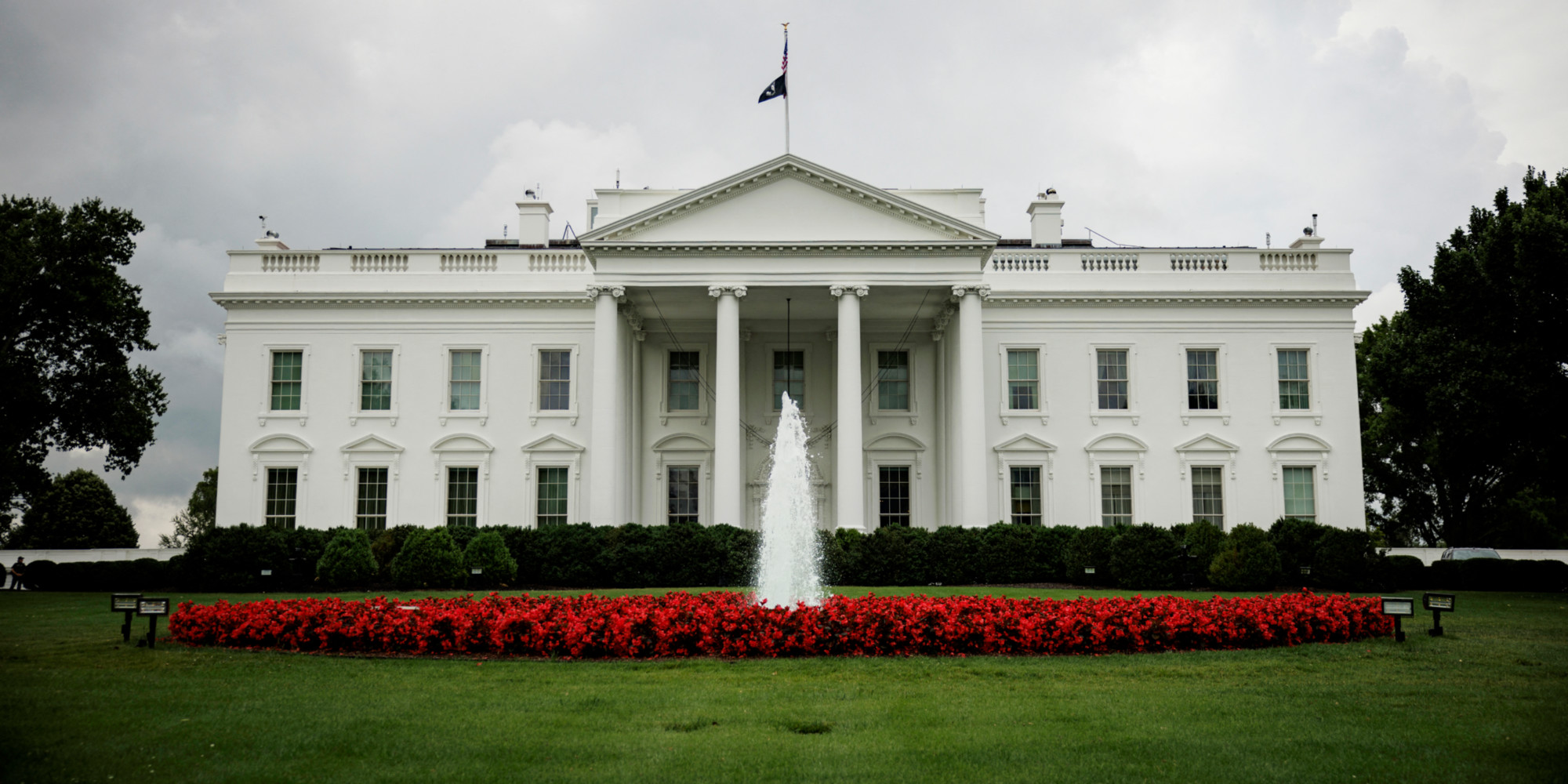In hastily launched consultations, US President Joe Biden spoke by phone about the situation in Russia with his French counterparts Emmanuel Macron, German Olaf Scholz and British Rishi Sunak, according to the White House. The four leaders “affirmed their unwavering support for Ukraine”, but refrained from commenting directly on the armed rebellion of the leader of the paramilitary group Wagner, Yevgeny Prigozhin, who then made a spectacular about-face by telling his troops to stop their march on Moscow.
Beyond the possible impact of the mutiny on the war in Ukraine, the instability of a nuclear power raises still other fears. A White House spokesman said President Biden was kept informed of the “latest developments” in Russia during a Saturday morning meeting with his political and military hierarchy. Similar meetings at the highest level have also taken place in European capitals.
Previously, the head of American diplomacy Antony Blinken had a first exchange of views with his counterparts from the G7 countries who intend to remain “in close coordination”, according to the State Department. And US Secretary of Defense Lloyd Austin did the same with his Canadian, French, German, British and Polish counterparts, according to his spokesman. A sign that the United States is taking this crisis very seriously, the Chief of the Joint Chiefs of Staff, General Mark Milley, has canceled a planned trip to Israel and Jordan.
The rebellion of the leader of the Wagner group has caused confusion
The rebellion of the leader of the Wagner group has sown confusion in Washington and in visibly taken aback European capitals. It represents the most serious challenge to date to the long reign of Russian President Vladimir Putin and opens up Russia’s most serious security crisis since he came to power in late 1999.
An American military source confided that the United States wanted to be “cautious publicly”, especially not wishing to offer the Russians the opportunity to be involved. Russia had warned Western countries on Saturday against any attempt to “take advantage” of the armed rebellion to push their “Russophobic” designs, assuring that the mutiny would not prevent Moscow from “achieving its objectives” in Ukraine.
An armed rebellion that could work in favor of Ukraine
The confusion that reigns in Russia could work in favor of the Ukrainians who recently launched an offensive to dislodge Russian troops who occupy parts of territory in the south and east of the country. The commander-in-chief of the Ukrainian army Valery Zaluzhny assured the American chief of staff on Saturday that the Ukrainian counter-offensive “is proceeding according to plans”, according to a press release. The Ukrainian Ministry of Defense announced several offensives on the Eastern front and claimed new advances.
Moscow’s Belarusian ally, who mediated between Moscow and Mr Prigozhin, on Saturday called the paramilitary group’s armed rebellion to the West a “gift”. Kiev immediately followed suit, with Ukrainian Deputy Defense Minister Ganna Maliar speaking of “a window of opportunity”, while Ukrainian President Volodymyr Zelensky stressed that this demonstrated “Russia’s weakness”. He also took the opportunity to demand more weapons, including F-16 fighters and ATACMS tactical missiles with a range of more than 300 km.
“The timing of a war between Putin and Prigozhin is perfect for Ukraine”
For James Nixey, director of the Russian program at Chatham House, “Ukraine will rightly try to capitalize”. “This will motivate the troops on the front, who are trying to break through the” Russian lines, he adds, stressing that Ukraine will be “grateful” to Prigozhin but “not for very long. He can be useful temporarily but this is not a white knight”.
“The timing of a war between Putin and Prigozhin is perfect for Ukraine,” added Orysia Lutsevych, also from Chatham House, who said it could “sow confusion and potential divisions within Russian forces in Ukraine”.
